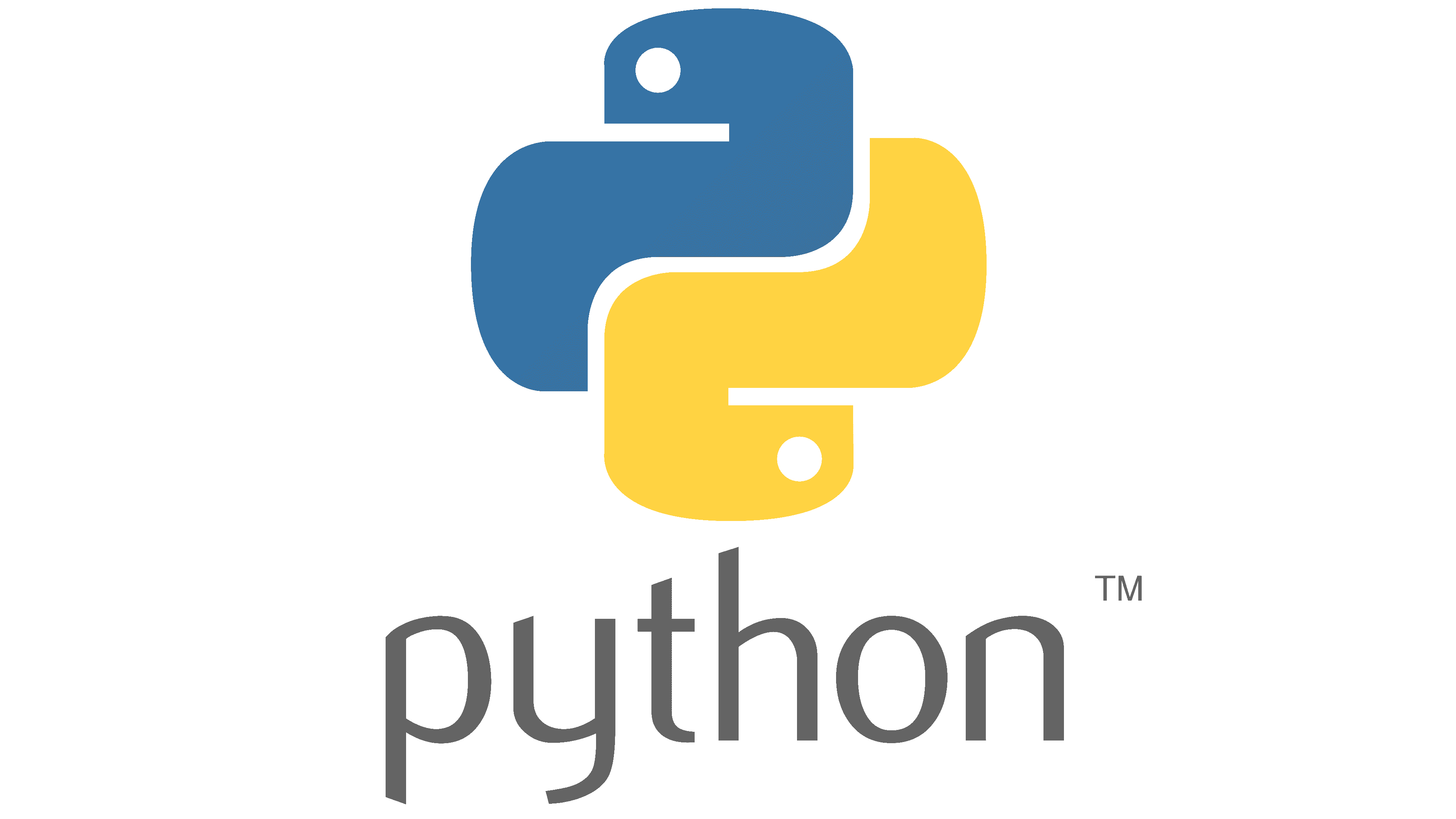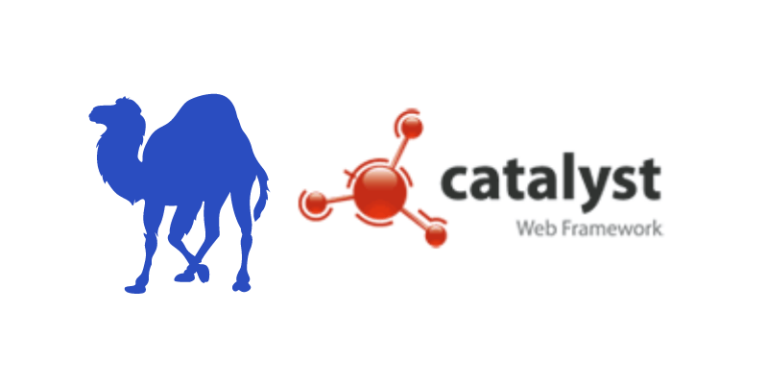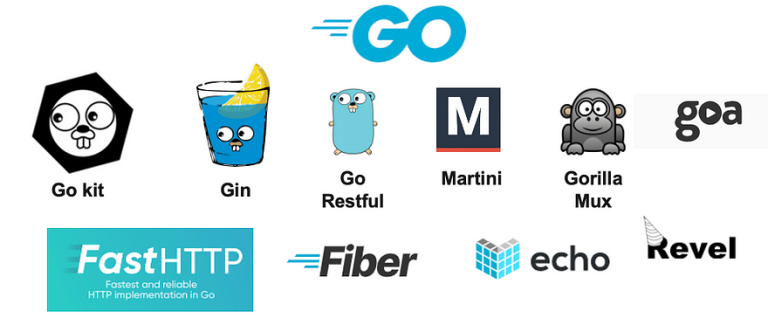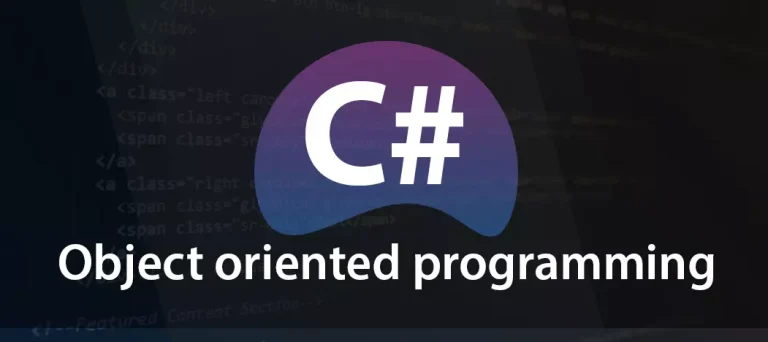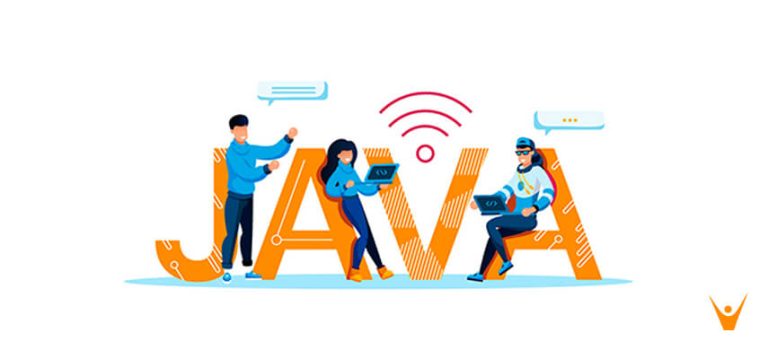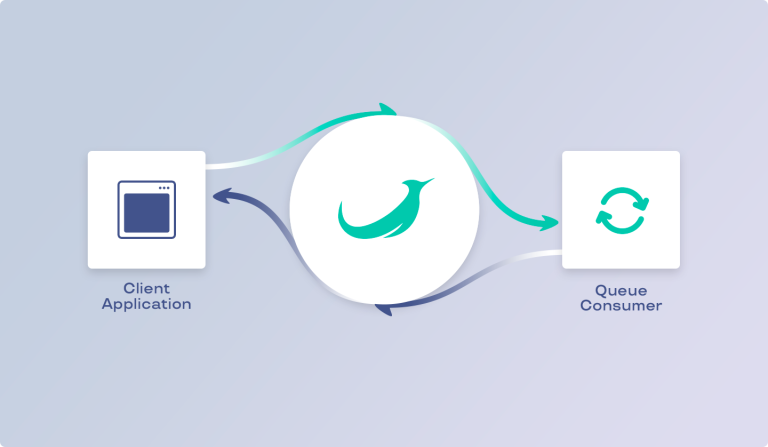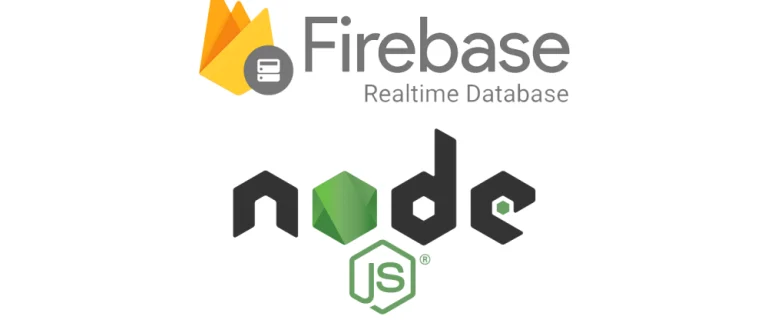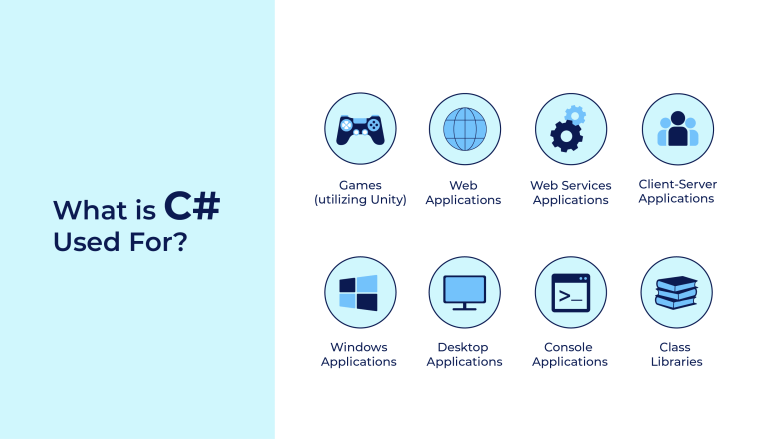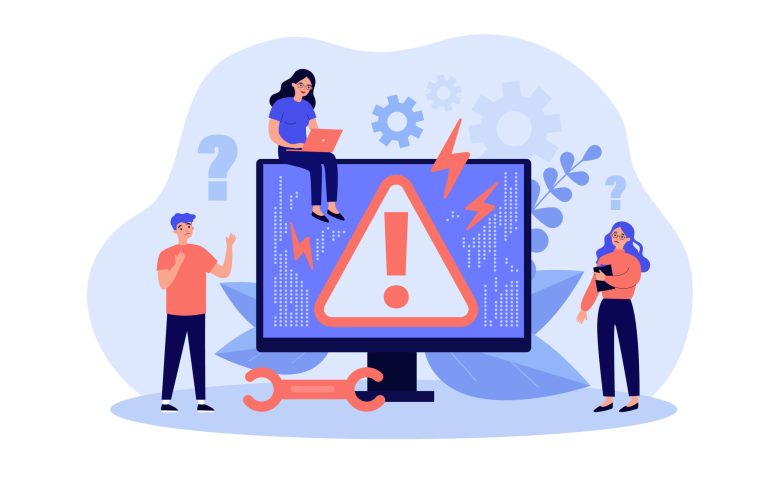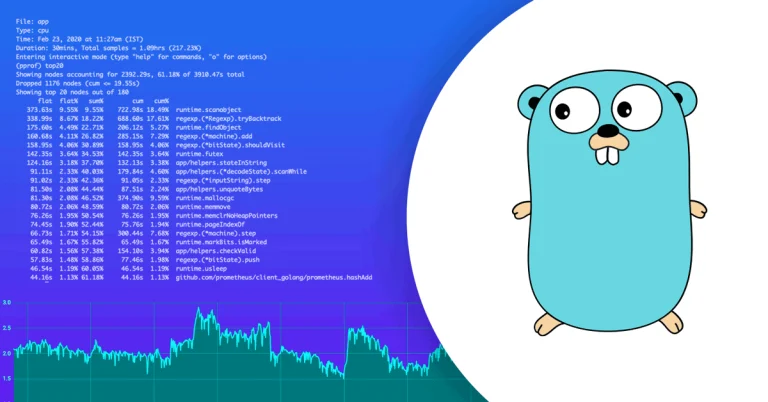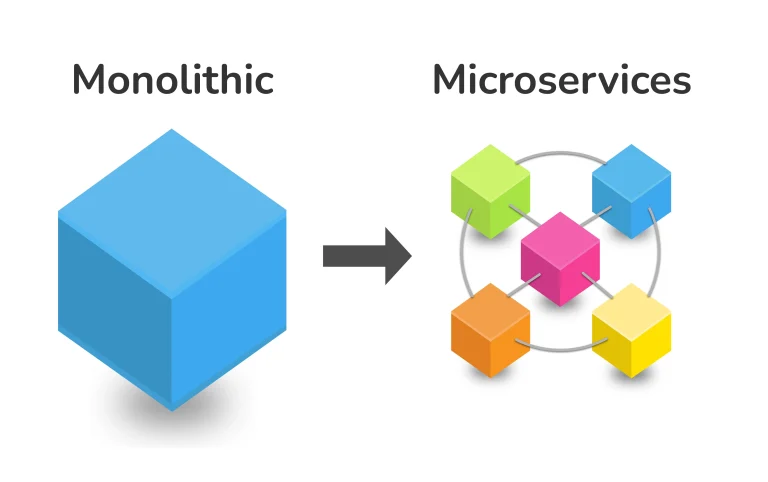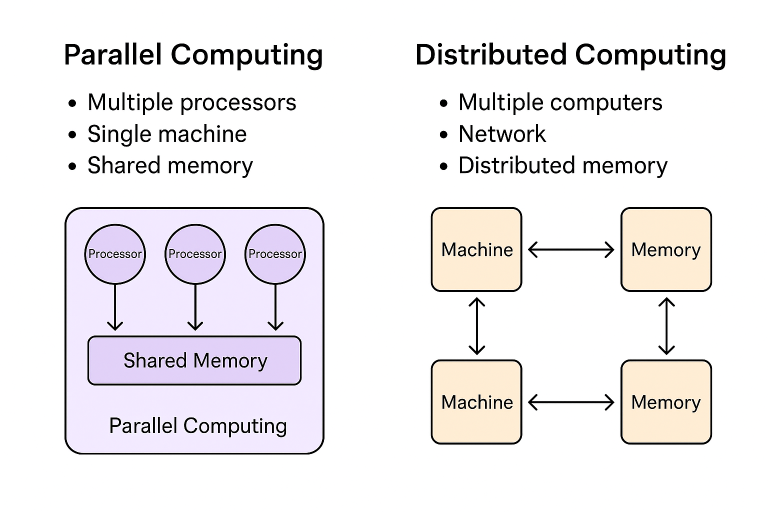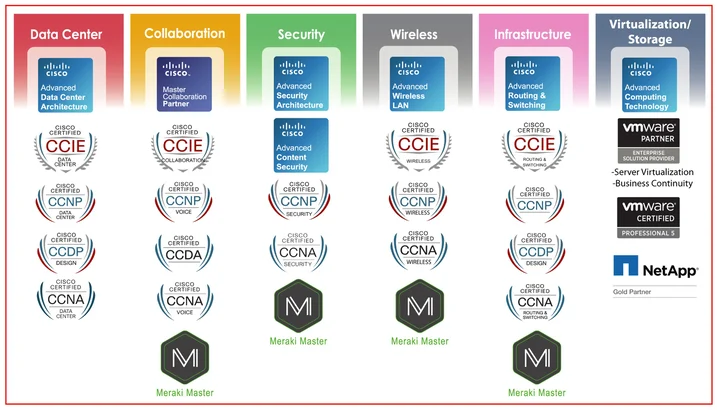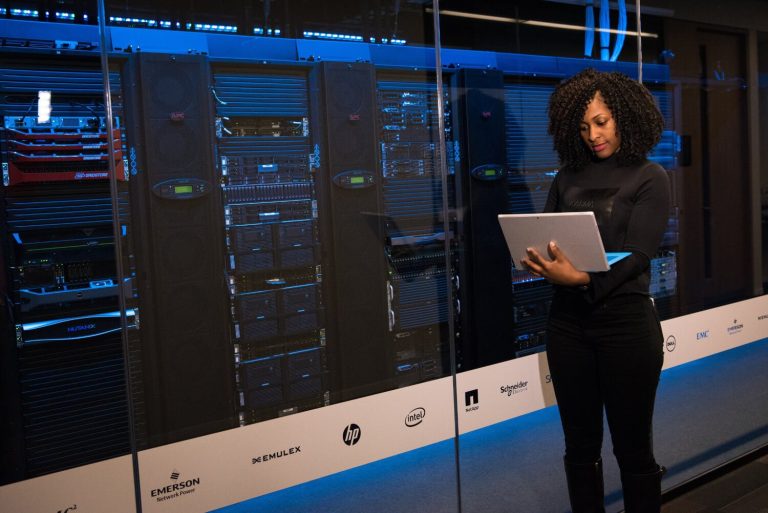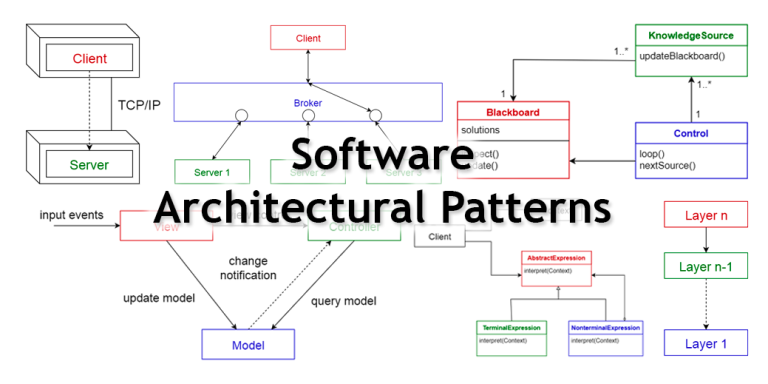**1. *Decorators and Metaclasses:*
- Understanding decorators - Creating custom decorators - Use cases and applications - Metaclasses and their role in class creation
**2. *Concurrency and Parallelism:*
- Threading vs. multiprocessing - Python Global Interpreter Lock (GIL) - `asyncio` for asynchronous programming - Multiprocessing with `concurrent.futures`
**3. *Generators and Iterators:*
- Creating custom iterators - Generator functions and expressions - `yield` and `yield from` statements - `itertools` module for advanced iterators
**4. *Functional Programming:*
- Lambda functions - `map`, `filter`, and `reduce` - Closures and first-class functions - Higher-order functions
**5. *Exception Handling Best Practices:*
- Creating custom exceptions - Handling multiple exceptions - Using `else` and `finally` clauses
**6. *Context Managers:*
- Implementing context managers with `__enter__` and `__exit__` - The `with` statement and its applications - Using `contextlib` for context manager creation
**7. *Advanced Data Structures:*
- `collections` module - `Counter`, `defaultdict`, etc. - `heapq` module for heap queues - `functools` for higher-order functions
**8. *Descriptors and Metaprogramming:*
- Understanding descriptors - Implementing descriptors - Metaprogramming concepts - Dynamic class creation with `type`
**9. *Regular Expressions:*
- Patterns and metacharacters - `re` module for pattern matching - Advanced regex techniques
**10. *Pythonic Code and Idioms:*
- Writing clean and idiomatic Python code - PEP 8 style guide - Leveraging list comprehensions and generator expressions
**11. *Debugging and Profiling:*
- Python debugging tools (`pdb`, `ipdb`) - Profiling with `cProfile` and `timeit` - `py-spy` for real-time profiling
**12. *Asynchronous Programming:*
- `async` and `await` syntax - `asyncio` library for asynchronous programming - Concurrent futures and `async/await`
**13. *Unit Testing and Test-Driven Development (TDD):*
- Writing unit tests with `unittest` module - TDD principles and practices - `pytest` for simplified testing
**14. *Web Development with Flask and Django:*
- Building web applications with Flask - Django MVC framework - RESTful API development
**15. *Machine Learning with Python:*
- Introduction to machine learning - Popular libraries - `scikit-learn`, `TensorFlow`, and `PyTorch` - Building and evaluating models
**16. *Data Science and Visualization:*
- Exploratory Data Analysis (EDA) - `pandas` for data manipulation - `matplotlib` and `seaborn` for data visualization
**17. *Working with Databases:*
- Database interaction with `SQLAlchemy` - Using `sqlite`, `MySQL`, and `MongoDB` - ORM (Object-Relational Mapping) principles
**18. *Distributed Systems and Networking:*
- Introduction to distributed systems - Networking with `socket` and `asyncio` - RPC (Remote Procedure Call) and RESTful APIs
**19. *Cybersecurity and Cryptography:*
- Basics of cybersecurity - Implementing cryptographic algorithms - Secure coding practices
**20. *Best Practices and Code Optimization:*
- Writing efficient and optimized Python code - Profiling and identifying bottlenecks - Code review and documentation best practices
This outline covers a wide range of advanced topics in Python programming, spanning from language features to various application domains. The goal is to provide a comprehensive guide for developers looking to deepen their understanding of Python and become proficient in advanced concepts and applications.

